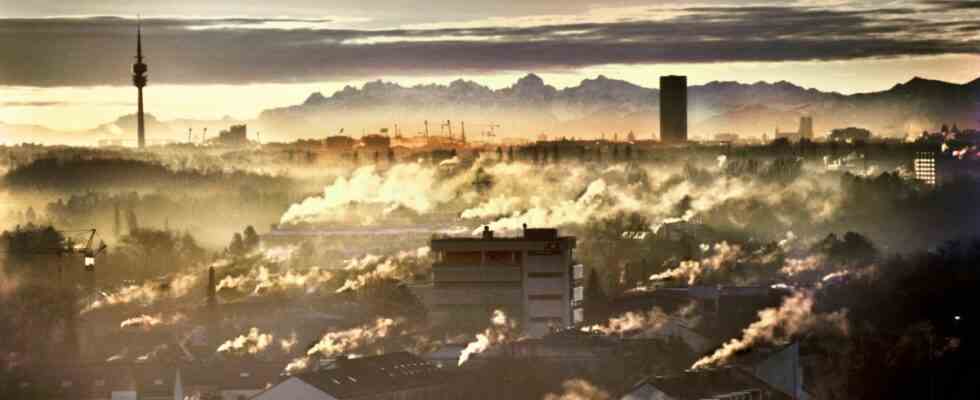In two weeks, the controversial EU gas price cap will come into force – and the most important gas exchange in Europe is preparing for it by building a parallel market outside the European Union. The exchange operator Intercontinental Exchange (ICE) now shared, from February 20 to offer transactions in TTF futures and options, i.e. securities for future gas deliveries, also in London. TTF stands for “Title Transfer Facility” and is the name of the most important gas exchange in the EU, based in Amsterdam. The move is a reaction to the wishes of investors, said the US stock exchange group ICE. Trading in London should “be an insurance for customers” if the price cap prohibits them from doing business in the EU, said ICE manager Trabue Bland.
The price limit – the so-called market correction mechanism – does not start with consumers, but with wholesale and stock exchange trading. The rule prohibits gas traders and suppliers from entering into contracts on EU exchanges at prices above the floating cap. The EU energy ministers agreed on the corresponding law after lengthy debates shortly before Christmas.
But critics warned that companies could circumvent the cap by doing deals off-exchange. ICE’s announcement now points to another risk: The corporations could move business to the London Stock Exchange. The news promptly led to criticism in the European Parliament. “If gas futures are traded primarily in London in the future, the market correction mechanism was an own goal,” says CSU MP Markus Ferber. “It was foreseeable from the start that a politically set maximum price would lead to problems,” complains the economic policy spokesman for the Christian Democratic EPP group.
The federal government was also skeptical about the cap, but gave in in the end. However, the fact that the regulation will come into force on February 15 does not mean that the cap will have immediate consequences. Because the upper limit is only activated when the price for gas deliveries in the following month on the TTF exchange exceeds 180 euros per megawatt hour for three days in a row. In addition, this price must be at least 35 euros higher than the average global price for liquefied natural gas. So if the price in the EU rises in step with the prices on other continents, the lid will not be overheated.
The price has fallen – but for how long?
The limit itself is flexible, it is always 35 euros above this worldwide average price – but at least 180 euros. In this way, the upper limit is intended to prevent producing countries from demanding significantly more from gas importers in the EU than, for example, from Asian customers.
At the moment, gas is trading at less than 60 euros on the TTF, far from the 180 euros that activate the lid. However, prices could rise again in the summer when the EU countries refill their gas storage facilities. Last year, the listing shot up to 350 euros in August; in total there were more than 40 days in 2022 where both conditions for hot switching the limit were met. The London alternative could therefore become interesting for retailers in the summer.

